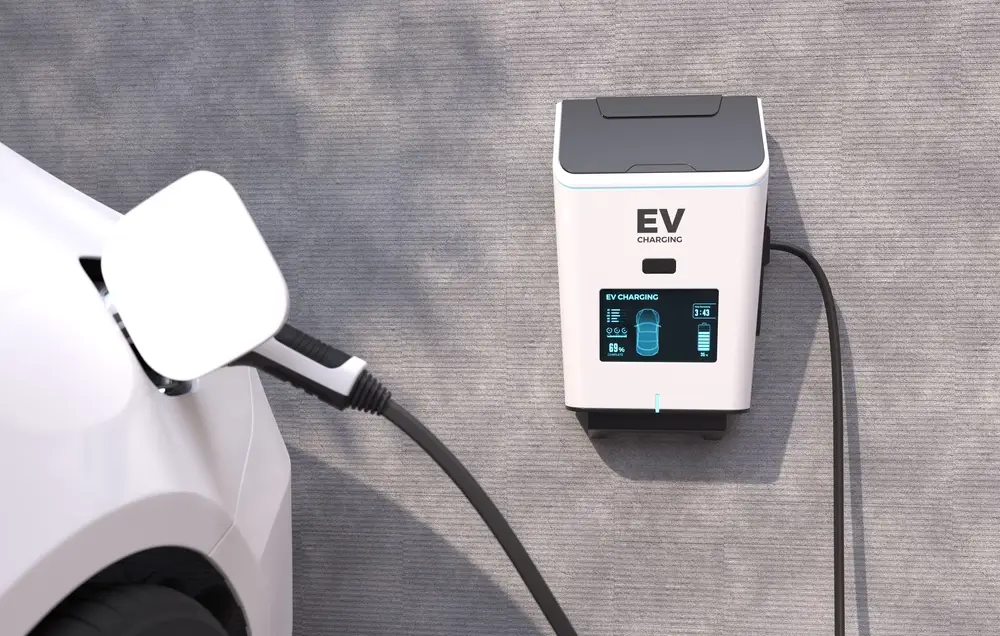Electric vehicles (EVs) are becoming an increasingly popular mode of transportation as people become more conscious of their impact on the environment. Unlike traditional gasoline-powered vehicles, EVs use electric motors and batteries to power their movement. These motors are powered by rechargeable batteries, which are charged by an external power source such as an electric outlet or charging station. EVs come in a variety of types, including passenger cars, buses, trucks, and even motorcycles.
A must to read article by one of the Tata tipper truck dealers in Chandigarh –
Is it reliable?
Yes, electric vehicles (EVs) are generally considered to be reliable. In fact, EVs can be more reliable than traditional gasoline-powered vehicles in some ways because they have fewer moving parts and require less maintenance.
EVs are a relatively new technology, they have proven to be reliable and require less maintenance than traditional gasoline-powered vehicles. As the technology continues to improve and become more widespread, we can expect EVs to become even more reliable and practical for everyday use.
The main reason why EVs are reliable is that they have fewer parts than traditional vehicles. An internal combustion engine typically has hundreds of moving parts, which can wear down over time and require regular maintenance. EVs, on the other hand, have only a few moving parts, such as the electric motor and the drivetrain. This means that there are fewer parts that can break down or require maintenance.
Another reason why EVs can be more reliable is that they have regenerative braking. Regenerative braking uses the electric motor to slow down the vehicle and convert the kinetic energy into electrical energy, which is stored in the battery. This means that the brakes on an EV experience less wear and tear than traditional brakes, which can reduce the need for brake maintenance.
EVs are often equipped with advanced technology, such as battery management systems, which can help monitor the health of the battery and prevent it from overheating or overcharging. This can help extend the life of the battery and prevent unexpected breakdowns.
That said, like any vehicle, EVs can still experience issues or breakdowns, and regular maintenance is still necessary. It is important to follow the manufacturer’s recommended maintenance schedule, which may include tasks such as checking the battery, inspecting the brakes, and replacing the tires. It is also important to ensure that the EV is charged properly and that the charging infrastructure is reliable.
Is EV good for commercial use?
Electric vehicles (EVs) can be a good choice for commercial use, depending on the specific needs of the business. As added by the experts of Tata Signa truck dealers in Ambala, there are several benefits to using EVs for commercial purposes, including cost savings, reduced emissions, and improved efficiency.
One of the main advantages of using EVs for commercial use is the potential cost savings. While
EVs may cost more upfront than conventional gasoline-powered cars, but over time, because of lower fuel and maintenance expenses, they may be more economical. EVs do not have that many parts that move and require less maintenance than old vehicles, which could help save on maintenance and repair costs over time.
Another benefit of using EVs for commercial use is reduced emissions. EVs produce zero emissions while driving, which can help businesses reduce their carbon footprint and improve their environmental sustainability. This can be particularly important for businesses that have sustainability goals or that operate in areas with strict emissions regulations.
In addition to cost savings and environmental benefits, EVs can also be more efficient for certain types of commercial use. For example, EVs can be ideal for short, frequent trips within a limited range, such as local deliveries or urban commuting. This is because EVs have lower operating costs and require less maintenance than traditional vehicles, which could help improve efficiency and reduce downtime.
That said, there are also some potential challenges to using EVs for commercial use. One of the main challenges is the limited range of EVs, which can make long-distance trips difficult or require frequent recharging. However, this can be mitigated by carefully planning routes and ensuring that the EV has access to reliable charging infrastructure.
As EV technology continues to improve and charging infrastructure becomes more widespread, we can expect to see more businesses adopt EVs for their commercial fleets.



